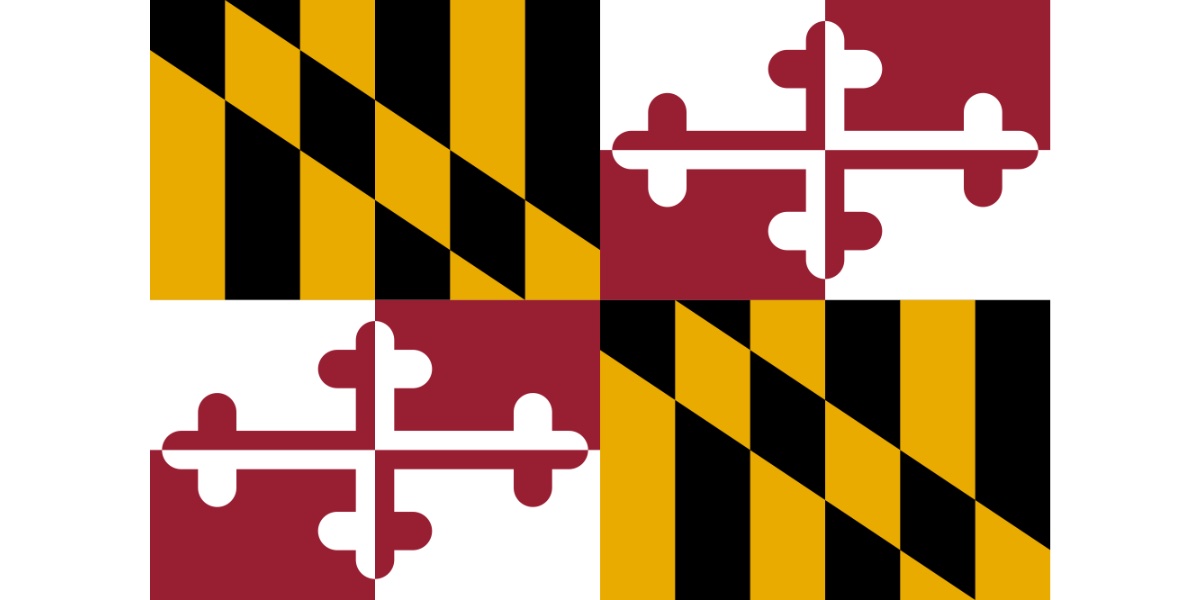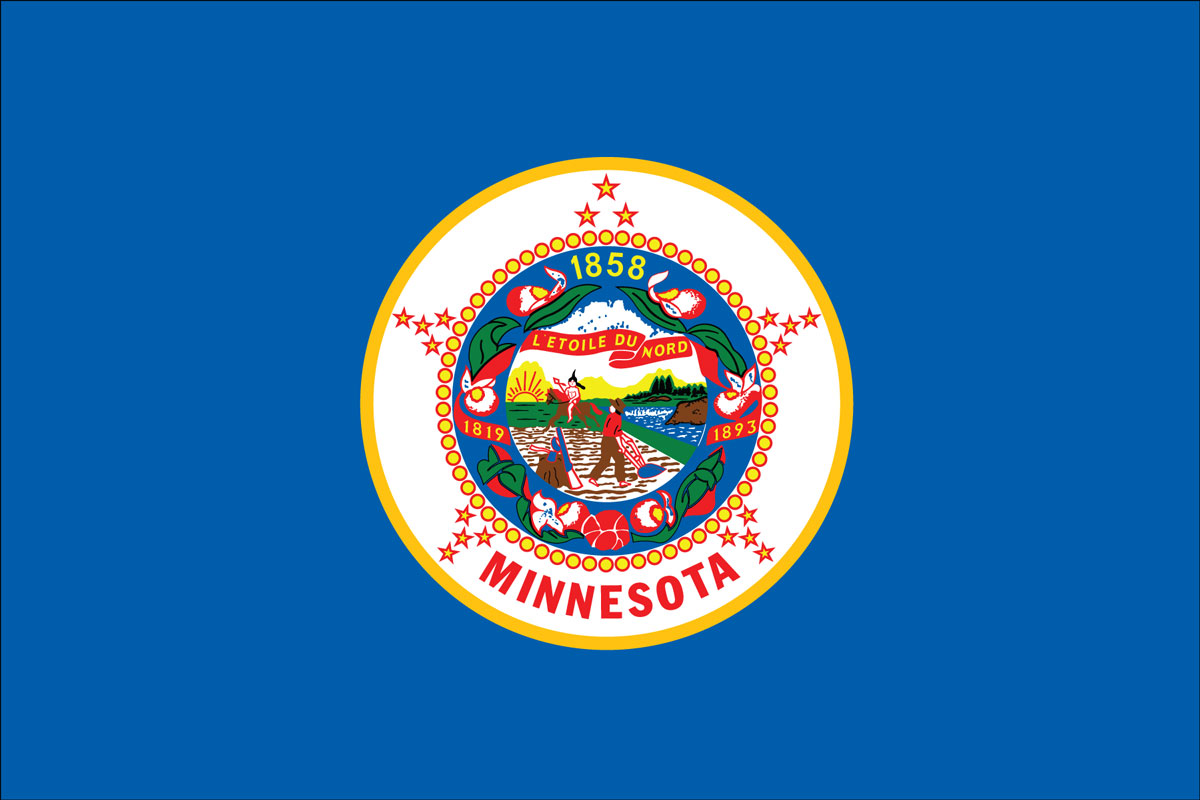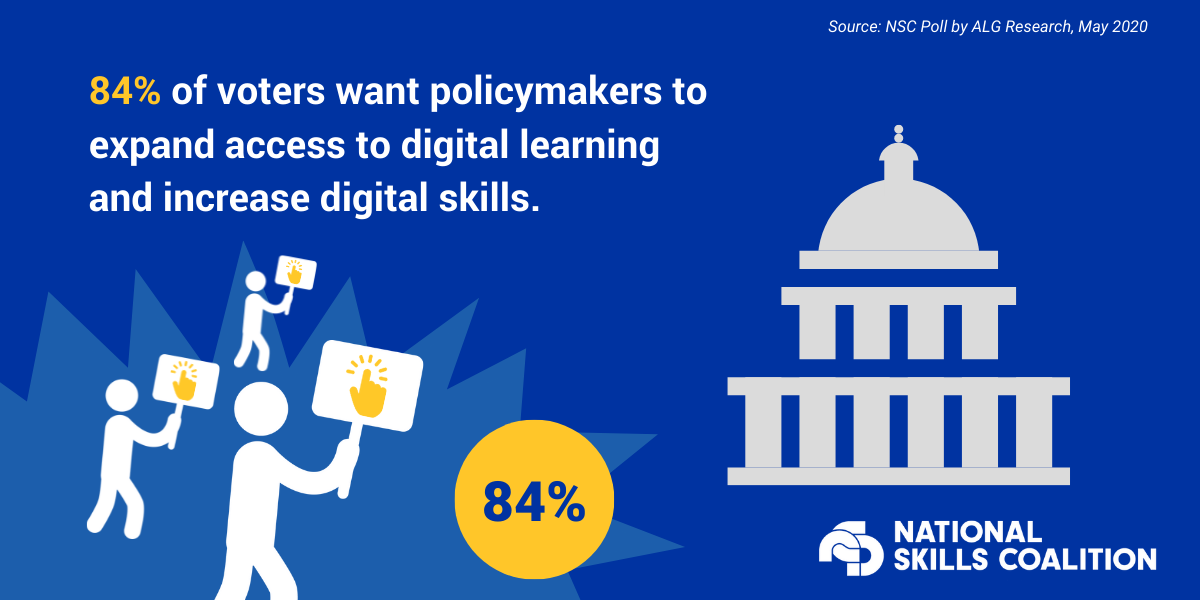Key actions and positions posted on the intersection of disability, education, jobs, and more
Annapolis, MD, May 31 – Ahead of the upcoming primary election, the nonpartisan disability rights nonprofit RespectAbility has released its latest Maryland Voter Guide. According to the 2021 Annual Disability Statistics Compendium, there are approximately 694,317 people living in Maryland with some form of disability. The disability community makes up 11.6 percent of the state’s population.
Nationwide, one-in-five Americans has a disability, according to the U.S. Census Bureau. People with disabilities are America’s largest minority group. It is also the only one that, due to accident, aging or illness, anyone can join at any time.
RespectAbility has asked Democratic and Republican candidates the same key questions about issues affecting people with disabilities, including employment, education, and accessibility. RespectAbility has sent multiple emails and placed many phone calls to the campaigns in order to solicit responses to the questionnaire. Below, you can read responses from candidates on the ballot in Maryland who have already taken the time to address the concerns of voters with disabilities.


